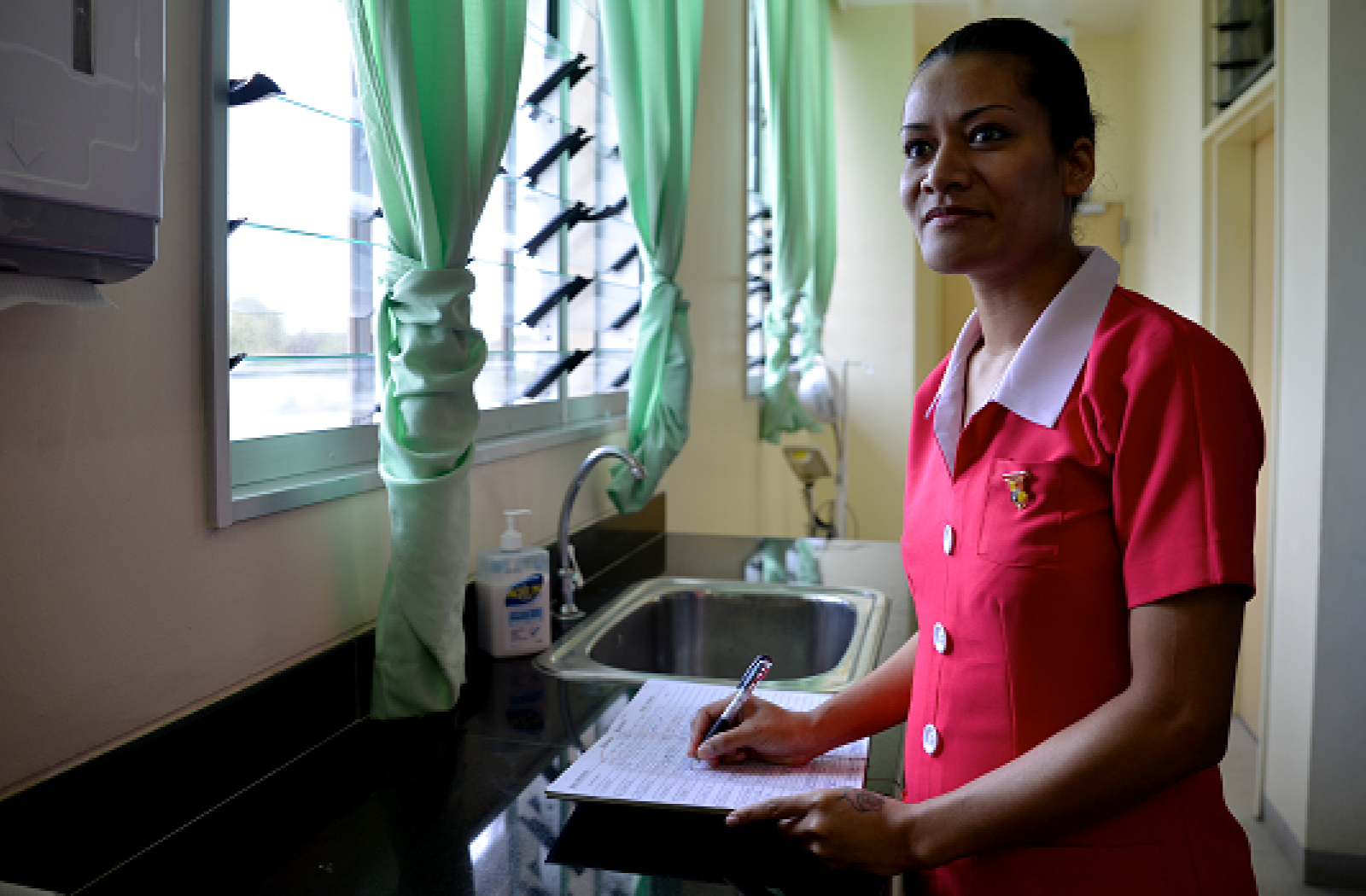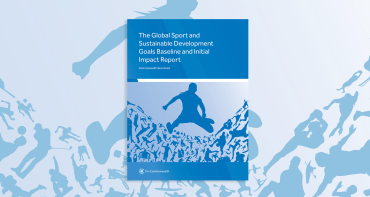Today, many women and girls are trapped in cycles of abuse, struggling to find an escape route. This is a tragedy, not just for them personally, but for the whole of society.

This blog is part of the Commonwealth’s ‘16 Days of Actions’ series, designed to showcase multi-disciplinary national solutions in addressing violence against women and girls. These proven solutions build on the collective experience of the 54 member countries – representing one-third of humanity – which can be replicated elsewhere to create a safer world for every woman and girl. Read the full series here.
Today, many women and girls are trapped in cycles of abuse, struggling to find an escape route. This is a tragedy, not just for them personally, but for the whole of society.
The recognition that gender-based violence impedes sustainable development and threatens human rights is underscored in the UN Sustainable Development Goals and related targets, which include health and education risk factors.
Ending violence is rooted in the moral principle that humans should have ‘the right to life’, freedom from torture, inhumane and degrading treatment, the right to health and reproductive autonomy, as well as freedom from all forms of discrimination.
The human right to “the highest attainable standard of physical and mental health” also means more than just access to health care. It means access to protection from life-threatening violence.
Addressing gender-based violence means ensuring women, girls and other vulnerable groups are empowered and protected against violence and harmful practises – without adding financial costs to their emotional and psychological trauma.
Critical health facilities
Health facilities are often the first point of call for women and girls that have been, and are being abused. Beyond providing medical services, national healthcare delivery systems play a substantial role in advocacy, professional counselling and preventive care, including access to sexual and reproductive health services.
The capacity of healthcare systems to deliver such effective, quality care and recovery for victims is tied to its ability to identify victims, coordinate a multi-sectoral response and provide long-term counselling.
But sadly, this holistic approach to health systems is not the prevailing model in most countries. Across many Commonwealth member states, health services are fragmented, with poor links to services such as law enforcement, education and social welfare.
One-stop crisis centre
At their annual meeting in 2018, Commonwealth health ministers agreed policy options for a coordinated approach to addressing gender-based violence. This included developing a roadmap to establish an evidence and rights-based health sector response.
Since then, the Secretariat has been collating and reviewing data and evidence on the effectiveness of health facility-based ‘one-stop’ centres for gender-based violence in the Commonwealth.
Starting in East and Southern Africa, we launched a study to identify and analyse gender-based violence response models, including challenges faced and lessons learned.
Our ongoing study shows that health-sector coordinated responses are best served by facilities located within a hospital or on its premises. These facilities should be linked to a sexual offences court, operate 24 hours a day, and attend to victims in less than an hour. Services should include medical forensic examinations performed to standards that can be presented in court.
Facility staff are also crucial, especially in assisting with case reporting and court preparation. Psychological support and first aid services should be part of the package, as well as testing and treatment for HIV, sexually transmitted infections, and pregnancy. And critically, these ‘one-stop’ facilities must have security to prevent women and children from secondary victimisation.
Success in Rwanda
Rwanda’s one-stop centres are a great model for health-sector responses to gender-based violence, that can be adapted to other countries.
These 24/7 services are located within hospitals, where victims are seen within 45 minutes to an hour of arriving. After being briefed and given clean clothes, they can access essential services including first-aid psychological support, as well as a disabled-friendly environment and private room for children to play.
The Government of Rwanda funds the centres, which is important as aid-funded programmes are often unstainable. Political will and leadership are pivotal to creating programmes that successfully rescue women and children from cycles of abuse.
Through its one-stop crisis centres, Rwanda is showing its commitment to protecting and empowering women – and paving the way for similar progress across the Commonwealth.
The ‘16 Days of Actions’ blog series is part of the Commonwealth Says NO MORE campaign. Read the full series here, learn more about the Commonwealth’s work on ending violence against women and girls here – and join in the conversation on social media by using #CommonwealthSaysNOMORE.



